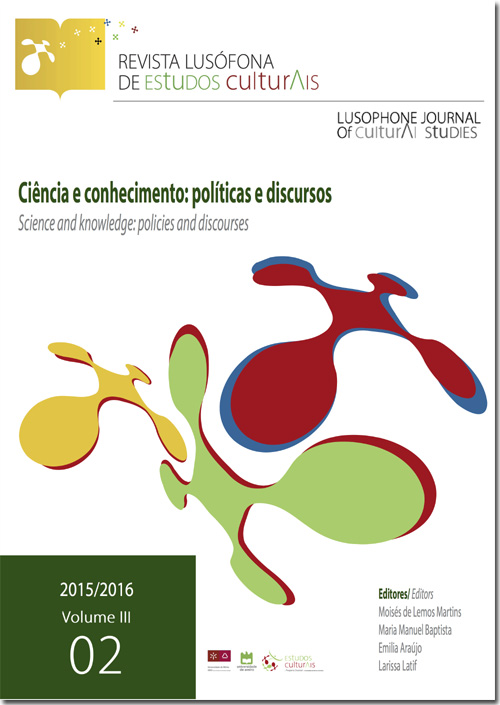The graduation course of visual arts of PARFOR-UNEB: brief notes on the importance participative education policies
DOI:
https://doi.org/10.21814/rlec.129Keywords:
Public policy for education, PARFOR, teacher training, art, curriculumAbstract
This essay aims at tracing some of the paths taken by the elementary education teacher training programs offered by the State University of Bahia (Brazil). From the 1990s onwards, this university offered tree major programs: the Intensive Graduation Program (UNEB Network, 2000) and the State Teachers Training Program (PROESP), and since 2010, the National Training Plan for Elementary Education Teachers, also named Paulo Freire platform (PARFOR). Analyzing more in deep this last program, the article is an attempt to describe the strategies of resistance enacted by work groups that show how creative outputs may result from the own difficulties and shortcomings. In this line, tensions and incompleteness may be understood as opportunities for transformation and evolution regarding both actor’s practices and political decision-making. The text explores the idea that policies were, in a way, forced to change in order to respond to the demands and realities of the populations and institutions involved.Downloads
Download data is not yet available.
Downloads
Published
2016-06-18
How to Cite
Trigo, I. M. F. (2016). The graduation course of visual arts of PARFOR-UNEB: brief notes on the importance participative education policies. Lusophone Journal of Cultural Studies, 3(2), 283–. https://doi.org/10.21814/rlec.129
Issue
Section
Varia
License
Authors own the copyright, providing the journal with the right of first publication. The work is licensed under a Creative Commons - Atribuição 4.0 Internacional License.












